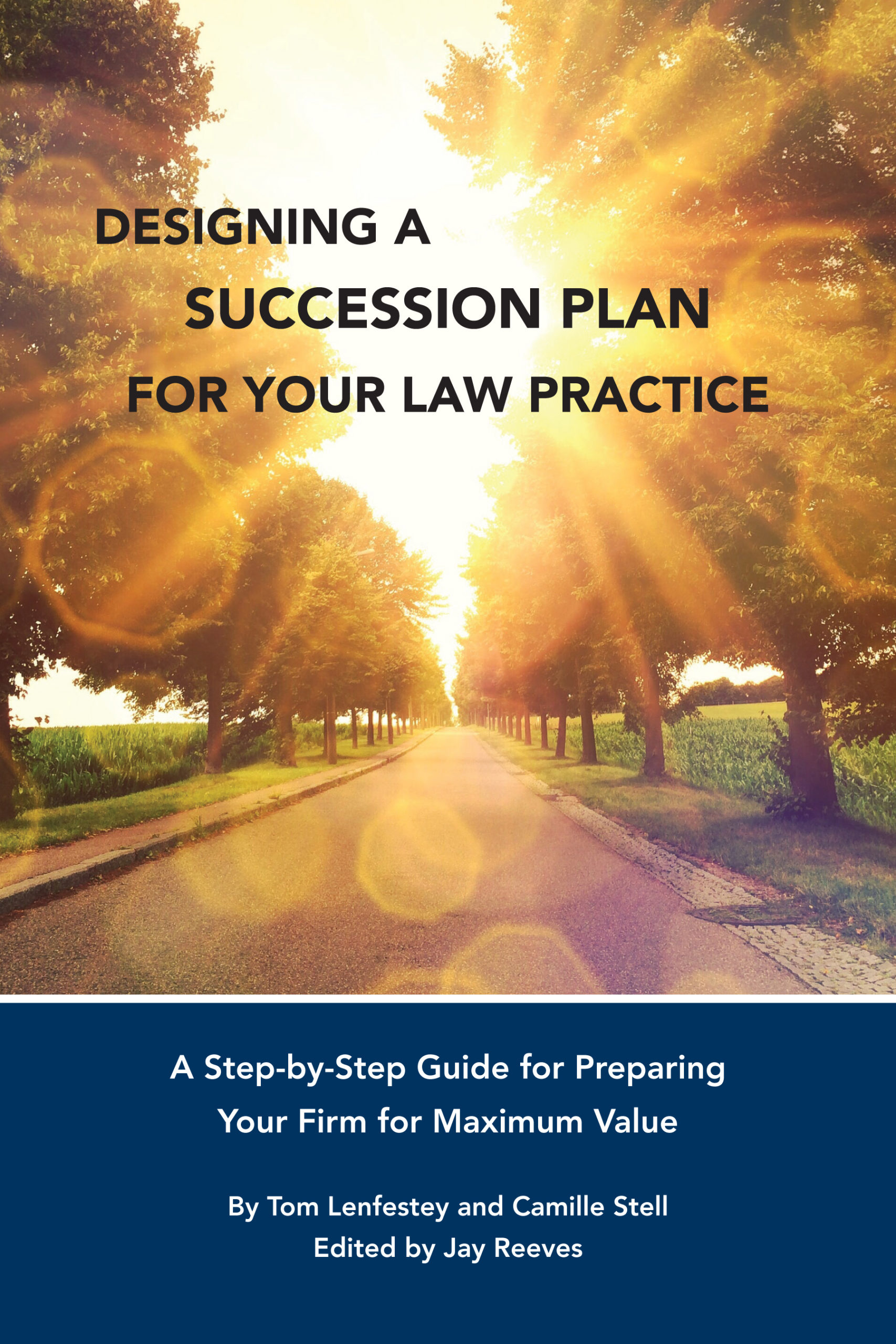You had a vision for creating your law practice. You turned that vision into something real and valuable. That’s worth celebrating!
Now it’s time to shift your focus.
How to protect this thing you’ve invested in, sweated for, and labored over? How to preserve its financial value and reputational legacy? How to ensure its survival if you or another key member died? How to make it work for you – at this season in your life – as you consider lifestyle changes like cutting back on your hours, spending less time in the office and more with family, maybe doing some traveling?
The answer to all of these questions is a Succession Plan.
Okay, Boomer: Let’s Look at Some Numbers
Can you honestly say you have a solid plan for your practice for the next six years? Six months? Six minutes?
If your answer is “no” or “sort of” or “Plan? What plan?” you’re not alone. Lots of attorneys are in the same boat. They’re too busy running their offices, growing their practices and tending to the countless daily details required to keep the doors open to step back, catch their breath and do some strategic planning.
And yet if you want your law practice to work for you – rather than you working for it – you need a plan.
Consider this: 60 percent of business owners are Baby Boomers born before 1964. Every 57 seconds one of them turns 65 years old. That trend will continue for the next 15 plus years.
This means a tsunami of lawyers will be exiting their law practices over the next decade-and-a-half. Do they have a plan to do so? More importantly, do you?
5 Ways You Are Sabotaging Your Practice
Without a Succession Plan, you’re putting your financial future in peril. Here are five ways you may be sabotaging your own practice without even knowing it:
- Failure to plan for succession. Only about 16 percent of all businesses have a clear, documented Succession Plan in place, according to one survey.
- Resistance to change. Hey, I get it. It took a long time to build your practice. You did it your way. You’re proud of your secret sauce. You like how things are going. It’s worked so far, so why change, right? Um, wrong.
- Lack of formal process. Systems? Checklists? Bah! Humbug! Law is about knowledge, not how fancy your systems are – or whether you even have systems. But what would happen if you – the only person who really knows how to run the practice – isn’t there to share that insider knowledge?
- Refusal to consider an exit. Hey, you are an attorney, and attorneys can work … well, forever. Or until you can’t any longer. And then what? At some point in the future, you’ll leave the law. That is a fact. Wouldn’t you rather exit on your own terms – under conditions that are best for you, your family, your clients and your colleagues – instead of terms that are dictated for you?
- The long-term associate problem. Recruiting good, reliable and committed associates for your practice is a challenge in today’s market. Generational issues, financial concerns and different views of how law should be practiced – in addition to the reasons noted in 1-4 above – contribute to high associate turnover. Without someone who can take over if necessary, the future of your practice will always be murky.
All these obstacles can be overcome, but a word of caution: succession planning takes time. It is not a one-and-done event. But with the proper plan, you take ownership of your professional destiny resulting in greater tangible and intangible rewards than you thought possible.
Excerpt from “Designing a Succession Plan for Your Law Practice: A Step-by-Step Guide for Preparing and Packaging Your Firm For Maximum Value” by Tom Lenfestey and Camille Stell, publication date October 2020.



